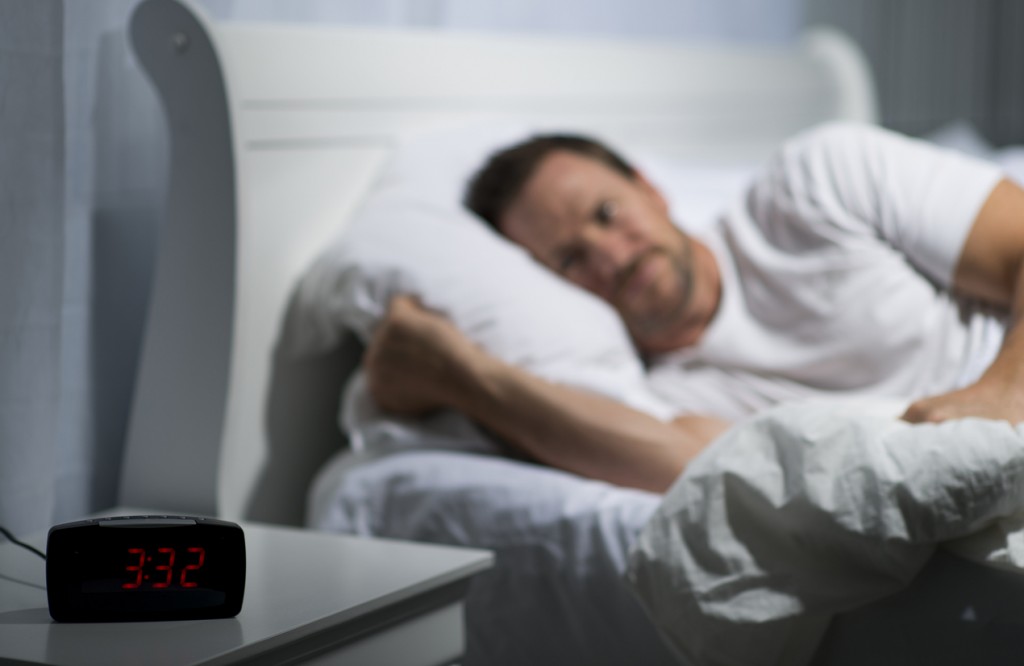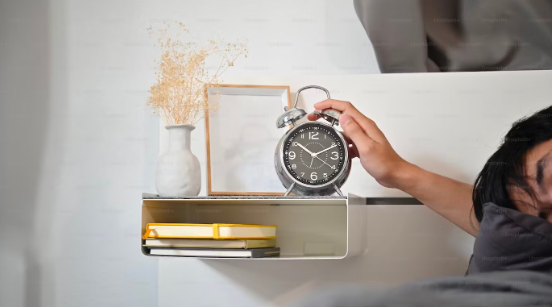How To Treat Insomnia

Author: Jonathan Warren
There’s no doubt about it - insomnia is draining, debilitating, and a huge challenge. If you think you’re suffering from insomnia, whether that’s an acute or chronic inability to sleep (you can find out more about the different types of insomnia here), it can feel like a constant uphill battle to try and help yourself.
Many doctors and scientific articles state that taking sleeping pills only masks the problem when it comes to insomnia. So how can you best treat it so that you’re not suffering with poor sleep night after night, and how do you know when it’s time to look for professional help?
Here, we’ll address those very questions. Read on, and hang in there - help is in sight.
 How to treat insomnia without medication
If you’re experiencing sleeplessness on a regular basis, and find yourself getting increasingly frustrated by the sleep problems you’re experiencing, it might be time to make some changes for the better. It’s important to note that if you find yourself in dangerous situations as a result of a lack of sleep, such as feeling tired when driving, it’s definitely time to visit your doctor.
Before you get to that stage you can adopt some new habits to help break those bad ones you’ve associated with not sleeping. The NHS suggests:
How to treat insomnia without medication
If you’re experiencing sleeplessness on a regular basis, and find yourself getting increasingly frustrated by the sleep problems you’re experiencing, it might be time to make some changes for the better. It’s important to note that if you find yourself in dangerous situations as a result of a lack of sleep, such as feeling tired when driving, it’s definitely time to visit your doctor.
Before you get to that stage you can adopt some new habits to help break those bad ones you’ve associated with not sleeping. The NHS suggests:
 How to treat insomnia without medication
If you’re experiencing sleeplessness on a regular basis, and find yourself getting increasingly frustrated by the sleep problems you’re experiencing, it might be time to make some changes for the better. It’s important to note that if you find yourself in dangerous situations as a result of a lack of sleep, such as feeling tired when driving, it’s definitely time to visit your doctor.
Before you get to that stage you can adopt some new habits to help break those bad ones you’ve associated with not sleeping. The NHS suggests:
How to treat insomnia without medication
If you’re experiencing sleeplessness on a regular basis, and find yourself getting increasingly frustrated by the sleep problems you’re experiencing, it might be time to make some changes for the better. It’s important to note that if you find yourself in dangerous situations as a result of a lack of sleep, such as feeling tired when driving, it’s definitely time to visit your doctor.
Before you get to that stage you can adopt some new habits to help break those bad ones you’ve associated with not sleeping. The NHS suggests:
- Setting yourself a bedtime and a wake-up time
- Relaxing with a bedtime routine - this could include running a warm bath, reading a book, or listening to some soothing music, but shouldn’t include screen time, or a caffeinated drink (not even tea!)
- Only taking yourself to bed if you’re tired - sleep won’t come if you’re not feeling snoozy
- Establishing a bedroom set-up that’s consistent throughout the night - keep your space the right temperature, quiet, and dark
- Don’t allow yourself any naps throughout the day
- As well as caffeine and screen-time, avoid nicotine, alcohol, and eating a large meal late at night



